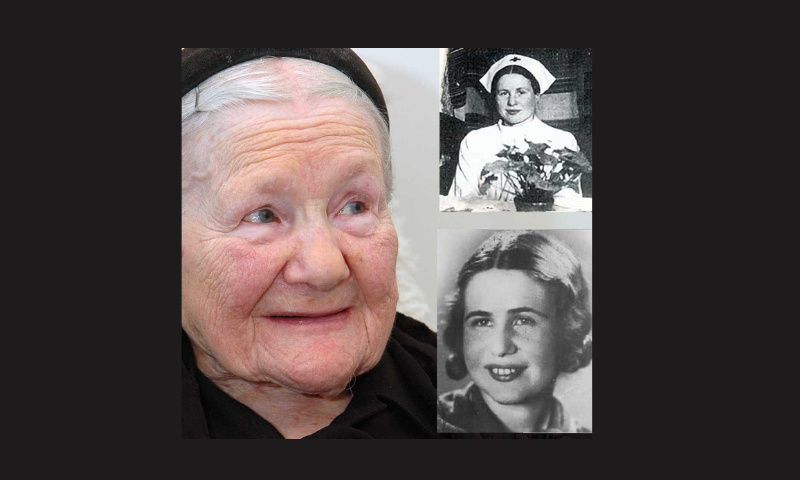In June 1940, Aristides de Sousa Mendes, Portugal’s consul general in Bordeaux, France, watched from his office window as a stream of Jewish men, women and children flooded his sidewalk. Hitler’s army had conquered France with shocking speed, and the Jews, now made stateless by Nazi racial laws, were at the consulate to plead for transit visas to Portugal—and to freedom.
Sousa Mendes wrestled with their desperate appeal. His prime minister, António de Oliveira Salazar, had ordered him to deny all such requests, trapping the refugees in place as targets for Nazi arrest and deportation to concentration camps. Sousa Mendes knew that the visas were their only chance of escape but knew also that defying Salazar would mean the end of his career and his ability to support his family of 15 children.
His dilemma—whether to obey the dictates of conscience and risk personal harm or to follow orders that would endanger others—is central to the lives of the individuals profiled in Richard Hurowitz’s “In the Garden of the Righteous: The Heroes Who Risked Their Lives to Save Jews During the Holocaust.” Mr. Hurowitz, an independent historian, chronicles 10 remarkable rescue stories, including one in which 10 British POWs banded together to save a 16-year-old concentration-camp escapee.
All of these rescuers have since been honored by Israel’s Holocaust memorial, Yad Vashem, with the title Righteous Among the Nations. The most widely known of those so honored, of course, are Oskar Schindler and Raoul Wallenberg, but Mr. Hurowitz focuses instead on figures with whom most readers will be less familiar. None of them was Jewish, yet each one faced great peril to save Jews. We have much to learn from their acts of courage. …SOURCE


